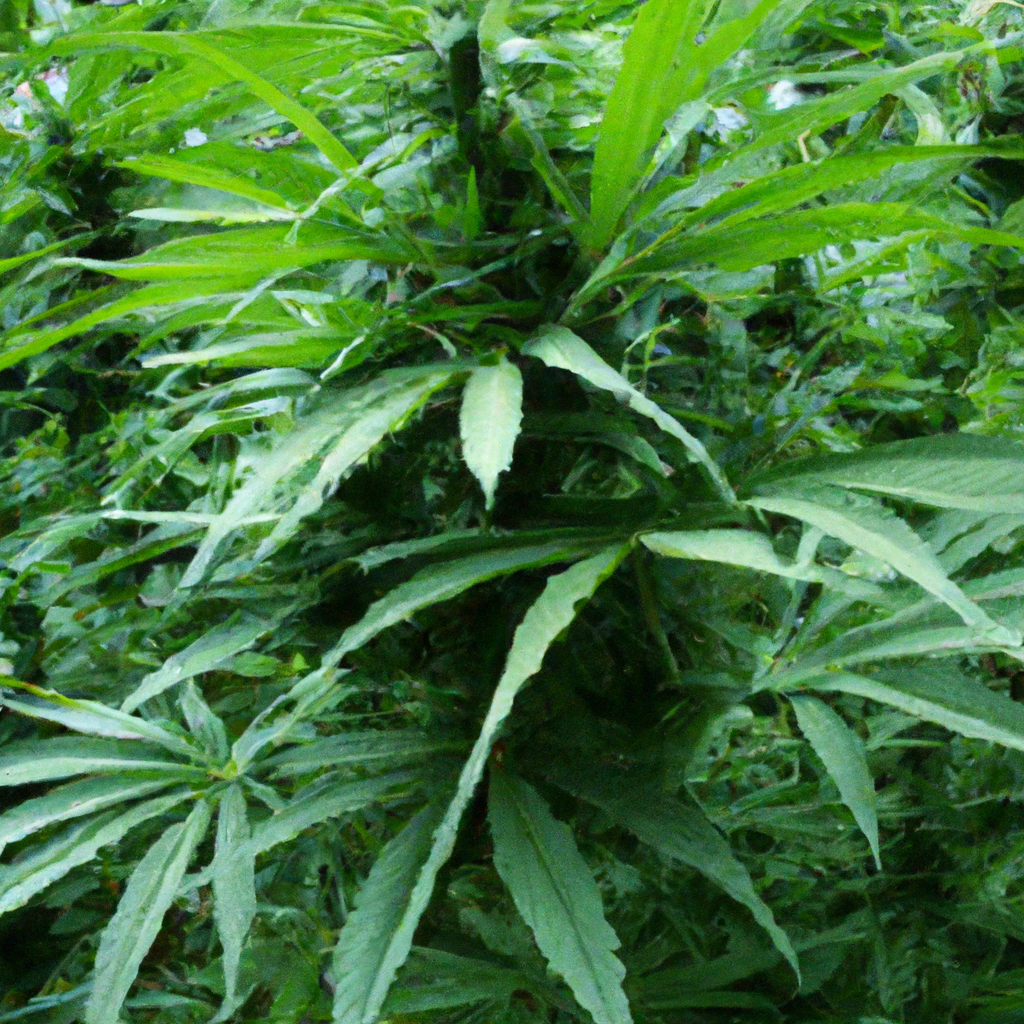Your cart is currently empty!
As the world moves towards more sustainable practices, the cannabis industry is no exception. Organic cannabis cultivation has gained popularity due to its environmental and consumer health benefits. This post explores the best practices in organic growing, focusing on natural fertilizers, composting, and pest control, while promoting a sustainable approach to cannabis farming.
1. Building Healthy Soil Ecosystems
The foundation of any successful organic grow begins with healthy soil. Rich, well-structured soil is home to vital nutrients and beneficial microbes that support robust plant growth. Here are some tips for nurturing your soil:
- Use Compost: Compost not only provides nutrients but also improves soil structure and water retention. Regularly incorporate kitchen scraps, leaves, and grass clippings into your compost pile.
- Introduce Mycorrhizae: These beneficial fungi form a symbiotic relationship with plant roots, increasing nutrient uptake. You can apply mycorrhizal inoculants when planting.
- Cover Crops and Mulching: Planting cover crops like clover or using organic mulch can prevent soil erosion and regulate soil temperature.
2. Natural Fertilizers and Pest Control
Avoiding synthetic chemicals is crucial in organic cannabis cultivation. Instead, opt for natural alternatives that enrich plant health while safeguarding the environment.
- Organic Fertilizers: Utilize fertilizers like worm castings, bat guano, and bone meal. These options provide nitrogen, phosphorus, and potassium essential for plant development.
- Natural Pest Control: Introduce beneficial insects like ladybugs or predatory mites to control pests naturally. You can also make homemade sprays using neem oil or garlic.
3. Sustainable Watering Practices
Water conservation is a pillar of sustainable agriculture. Here’s how to water your cannabis crops responsibly:
- Rainwater Harvesting: Collect rainwater in barrels and use it for irrigation. It’s a free, eco-friendly water source that can save considerable resources.
- Drip Irrigation Systems: These systems deliver water directly to the plant roots, minimizing evaporation and runoff.
4. Benefits of Organic Cannabis
Organic cannabis offers a range of benefits for both the environment and consumers.
- Environmental Impact: Reduces chemical runoff and soil degradation, promoting a healthier ecosystem.
- Consumer Health: Free from synthetic pesticides and fertilizers, organic cannabis provides a cleaner, more natural product.
Conclusion
Embracing organic cannabis cultivation not only supports a greener planet but also yields a superior product for consumers. By focusing on natural solutions like healthy soil ecosystems, organic fertilizers, and water conservation, growers can achieve sustainable success. Together, we can cultivate a brighter future.
Tags: OrganicGrowing, CannabisCultivation, NaturalFertilizers, Compost, PestControl
Discover more from Magic Clones
Subscribe to get the latest posts sent to your email.


Leave a Reply